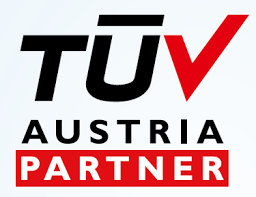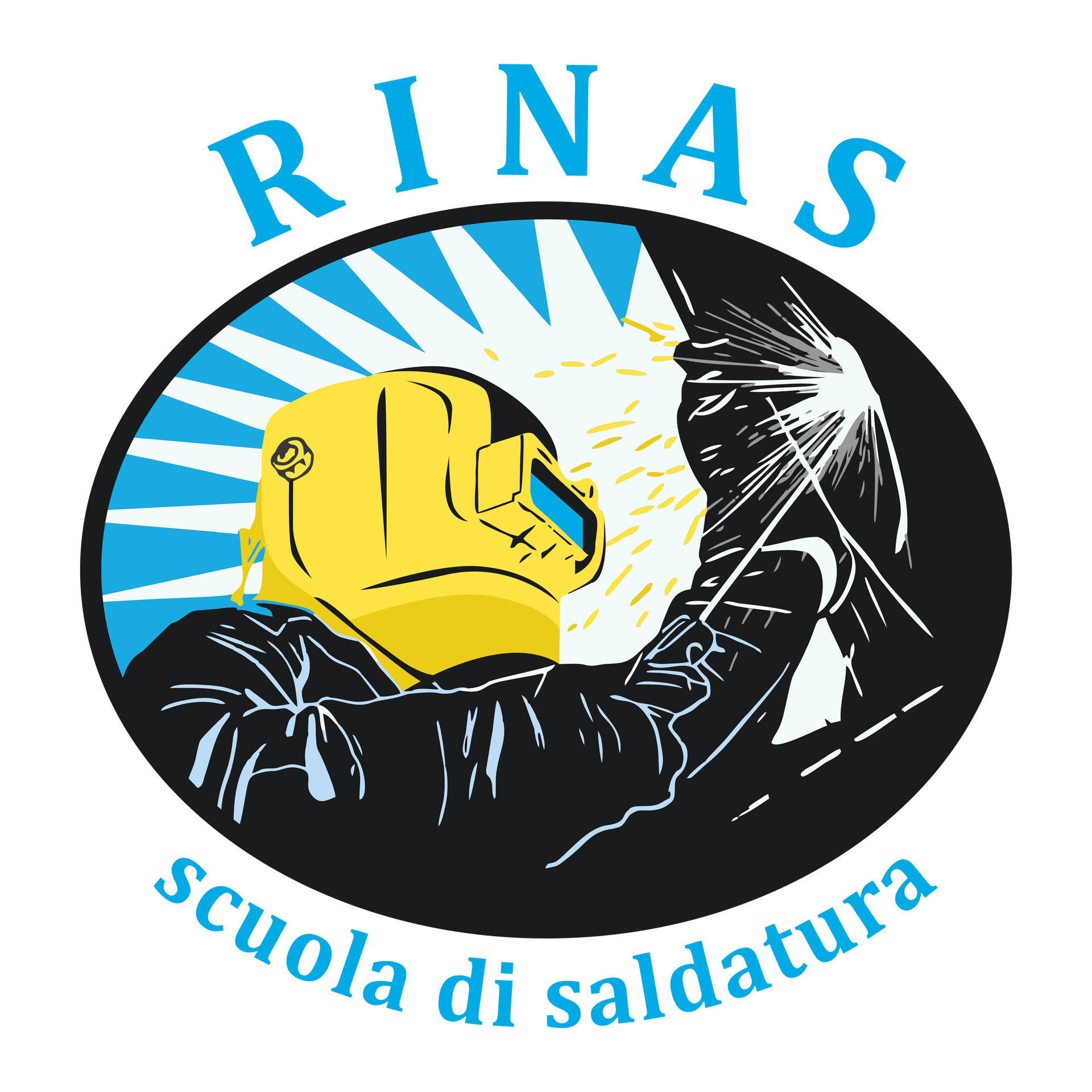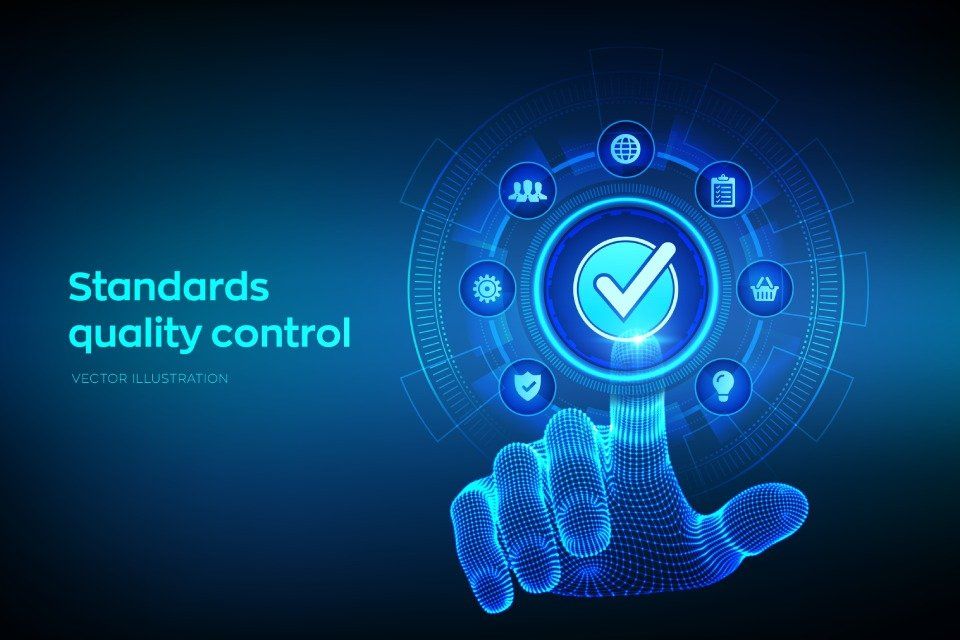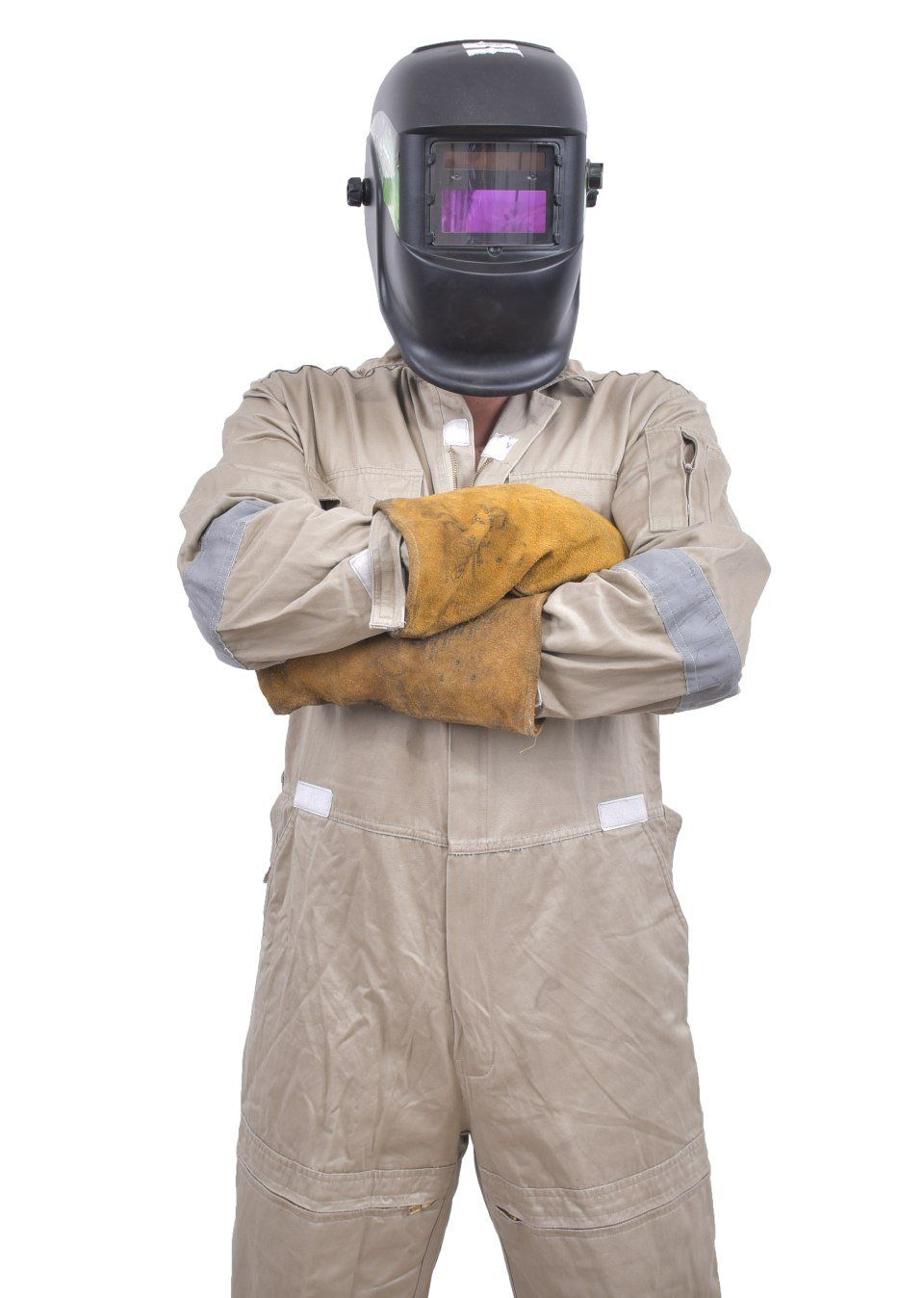management systems: what they are and what they are for
Management systems for companies are sets of rules and procedures that an organization can adopt to certify and apply in order to achieve defined objectives, such as:
- customer satisfaction;
- the continuous improvement of the services it offers;
- the ability to demonstrate to third parties (i.e. customers or potential customers, control bodies, suppliers or other subjects external to the company), the ability to organize itself well, to continuously maintain its commitments and always satisfy requests of customers.
At the Rinas Welding School in Bagheria, we hold not only technical courses, but also courses relating to management systems for companies: contact us for information, quotes or to register.

VOLUNTARY SYSTEMS CERTIFICATION
The adoption of one or more management systems for companies is voluntary. The objective is usually to implement tools that allow the company to keep its processes and activities under control, and at the same time to show the quality of the work to all stakeholders.
AMONG THE MOST FAMOUS EXISTING MANAGEMENT SYSTEMS, POSSIBLY
“CERTIFICABLE”
I'M NOT A BIG SLEEP 9001
Contains the requirements for designing, implementing and maintaining a quality system over time;
Guide specifically designed to offer the quality requirements for welding and melting metallic materials.
I'M NOT A BIG SLEEP 14001
International standard with voluntary compliance, applicable to any type of public or private organisation, which specifies the requirements of an environmental management system.
UNI ISO 45001
The ISO 45001:2018 standard replaces the previous BS OHSAS 18001 from 12 March 2018. BS OHSAS 18001 will no longer be valid from 12 March 2021.
UNI EN 1090
The UNI EN 1090 certification is a mandatory certification starting from July 2014 for all manufacturers of structural steel components andlluminio, as well as for manufacturers of kits placed on the market as a construction product.
The ability of a company to produce material that meets all the qualitative characteristics required by the UNI EN 1090 part 1, 2 and 3 standards is certified by a third party called a certification body. This type of certification is recognized internationally.
I'M NOT A BIG SLEEP 9001
ISO 9001 Quality Management System Certification
The ISO 9001 "Quality management systems - Requirements" standard is the most famous and widespread standard for quality improvement. It is the standard chosen by all those organizations that intend to equip themselves with a work tool aimed at continuous and constant improvement, that want to increase their efficiency, reduce costs, and increase customer loyalty.
A company with an ISO 9001 certified quality system is a company that offers the guarantee of a solid structure, evaluated by an independent body, organized in such a way as to keep all aspects of its activity under control and guarantee reproducibility of the performance and therefore the maintenance but also the continuous improvement of the quality standards provided.
Among the various international certifications used in the industrial sector there is also Iso 3834, also known as Uni En Iso 3834, a guide specifically designed to offer the quality requirements for welding and casting of metallic materials. It is therefore a welding certification that is useful for workshops and construction sites, where it is important to ensure correct management of the manufacturing process, where welding plays a decisive role. This process must be controlled entirely, starting from the arrival of the materials in the workshop, obviously up to the final result, and the ISO 3834 standard certifies the correctness of this process in its entirety.
ISO 14001 is a voluntary international standard, applicable to any type of public or private organisation, which specifies the requirements of an environmental management system.
This standard, in addition to having the advantage of being easily integrated with other management systems compliant with specific standards (ISO 9001, BS OHSAS 18001, ISO 50001), is fully implemented in Annex II of the reg. 1221/09 (EMAS III).
UNI ISO 45001
ISO 45001:2018 replaces the previous BS OHSAS 18001 with the aim of providing the standard with international regulatory recognition (ISO) and making integration with other ISO standards for Management Systems easier as it is based on the Annex structure SL which defines the common structure that all standards must respect.
The ISO 45001 standard requires organizations that decide to implement a Worker Health and Safety Management System to look beyond short-term issues, and to take into account what society in general expects from the organization itself in terms of responsibility. Organizations will therefore also have to think about their contractors and suppliers and the effects that their activities have on their interested parties (stakeholders).














